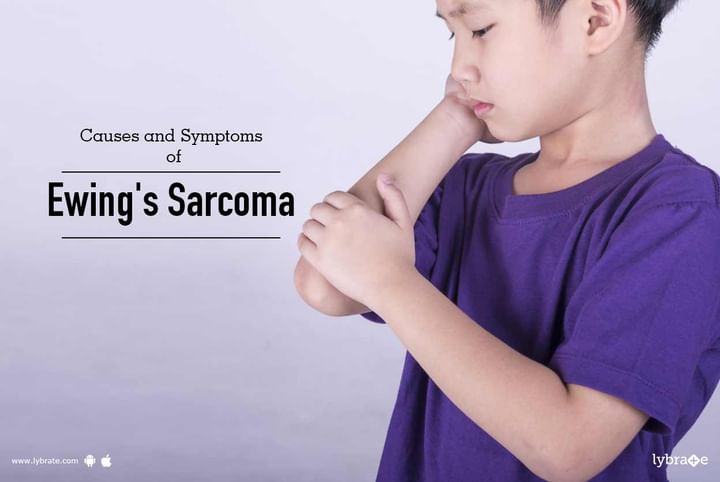Causes and Symptoms of Ewing's Sarcoma
Collectively grouped under the Ewing sarcoma family of tumors, Ewing's sarcoma is the second most common form of bone cancer, which is commonly seen in children and adolescents. Very rarely is it experienced in adults above the age of 30.
Typically forming in the bones of the chest, pelvis, head, back or trunk and in the long bones of the arms and legs, Ewing's sarcoma is believed to originate in certain kinds of primitive cells. When it begins to affect similar kind of cells found outside the bone, it is usually called an extraosseous Ewing's sarcoma.
Causes
1. Similar to all types of Ewing tumors, Ewing's sarcoma is generally caused by an alteration in a certain cell compelling a gene named EWS found on chromosome no. 22 to move over to a DNA section on any one of the surrounding chromosomes resulting in the activation of the EWS gene.
2. While it is not a hereditary condition, it usually occurs after childbirth, but no substantial evidence has been found as to why it happens so.
Symptoms
Symptoms of Ewing's sarcoma may include:
1. Swelling and pain especially in the arms, legs, back, chest or pelvis
2. Swelling accompanied by joint immobility
3. A bone breaks having no apparent cause
4. Swelling which may or may not be accompanied by a warm, tingling sensation
5. Fever resulting from unknown causes
6. Lumps or bumps which do not subside over time
7. Abnormal weight loss
8. High levels of fatigue
9. Tumors which have spread over to the lungs may cause shortness of breath
10.Tumors spread over to the spine may cause weakness or even paralysis.
Because the symptoms of Ewing's sarcoma can hardly be distinguished from symptoms caused by other infections or injuries, an early diagnosis is absolutely necessary for a successive treatment. If you wish to discuss about any specific problem, you can consult an oncologist and ask a free question.



+1.svg)
